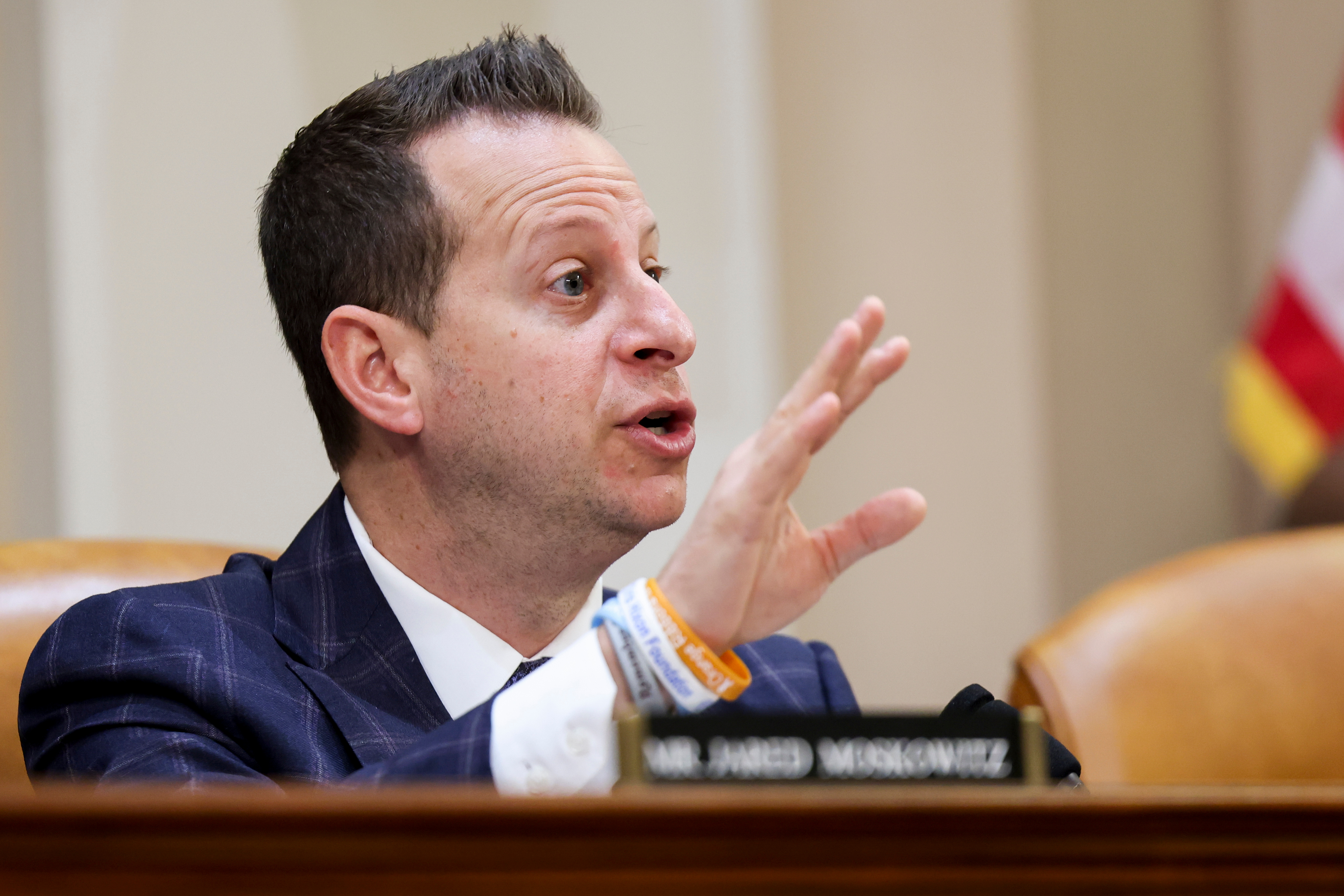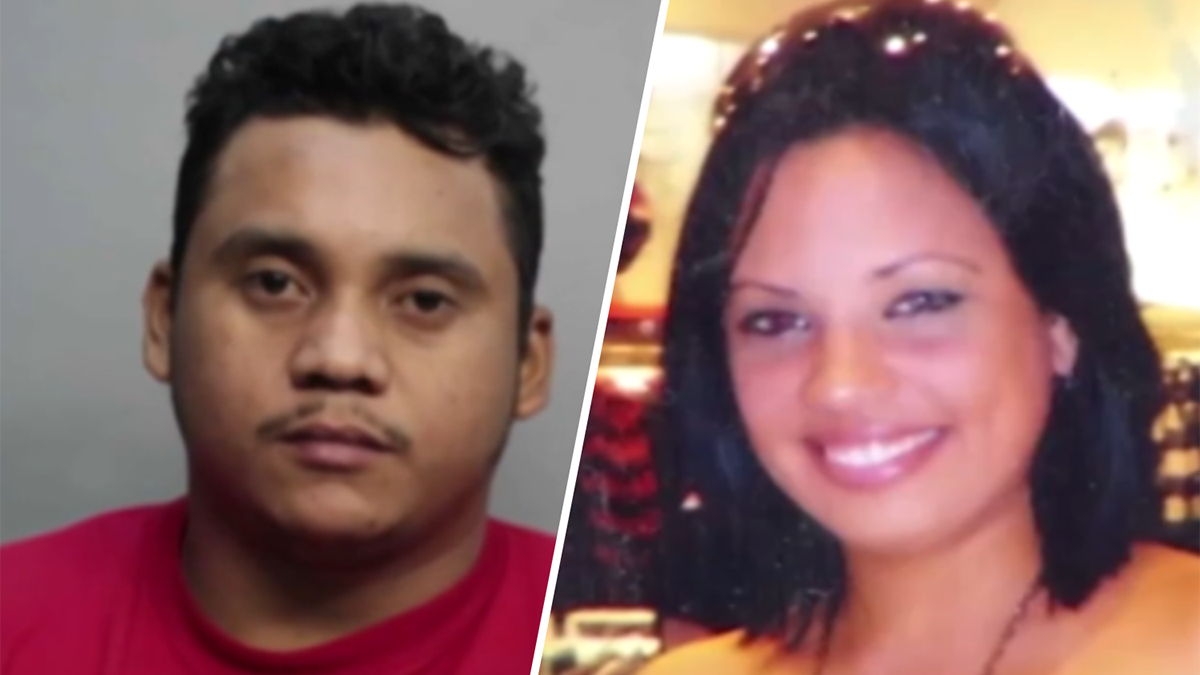What to Know
- Emails falsely purporting to be from the Proud Boys were sent to Democratic voters in several states, including Florida, threatening "we will come after you" if the recipients didn't vote for Trump
- The FBI announced in a rare news conference that Iran was behind those emails, and added Russia also obtained U.S. voters' information
- Feds emphasized that people should be confident their votes still count
Iranian intelligence was behind the threatening emails that were sent to voters in Florida, warning "we will come after you" if the recipients didn't vote for President Donald Trump, the FBI announced Wednesday.
The email, falsely purporting to be from the neo-fascist group Proud Boys, was part of an apparently widespread targeted spamming operation to intimidate voters in at least four battleground states. The senders claimed they would know which candidate the recipient was voting for in the Nov. 3 election, for which early voting is ongoing.
The email also claims they have the recipients' personal information and demands them to change their party affiliation to Republican. It ends with "I would take this seriously if I were you."
Intelligence director John Ratcliffe added that Russia also worked to obtain U.S. voters' information to influence the election.
“We are not going to tolerate foreign interference in our elections or any criminal activity that threatens the sanctity of your vote,” said FBI Director Christopher Wray.
A University of Florida senior was one of the recipients and provided the email to NBC 6.
"I’m wondering, are they paying attention to me right now?" said the student, who did not want to be identified. "Is there something I did to receive this email? And that kind of confusion and openness is very threatening."
Local
The Proud Boys denied any connection to the emails, according to multiple reports.
Security experts say the party behind the operation apparently got the email addresses from state voter registration rolls. Federal officials have long warned about the possibility of a voter intimidation operation, as such registration lists are not difficult to obtain.
The top Homeland Security official, Christopher Krebs, says voters shouldn't fall for “sensational and unverified claims,” reminding them that ballot secrecy is guaranteed under U.S. law.
The emails were sent by a group that put considerable time and effort into identifying vulnerable internet servers in several countries including Estonia, Saudi Arabia and the United Arab Emirates which they hijacked to send the emails, said security researcher John Scott-Railton, who examined dozens. Voters in Pennsylvania, Arizona and Alaska also received them, he said.
"Voters should disregard and ignore any such efforts at voter intimidation," said Patricia Brigham of the Florida League of Women Voters. "That is what these people want. They don’t want you to vote. Don’t let them succeed."
Daniel Tokaji, dean of the University of Wisconsin Law School and an expert on voting rights, said he's afraid we could see more of the type of voter suppression that the intimidation emails attempt — trying to scare people into not voting at all.
"It is something that I’m going to be thinking about on Election Day, but it is not going to change my vote," the UF student told NBC 6. "I’m still going to vote for whoever I want to."



